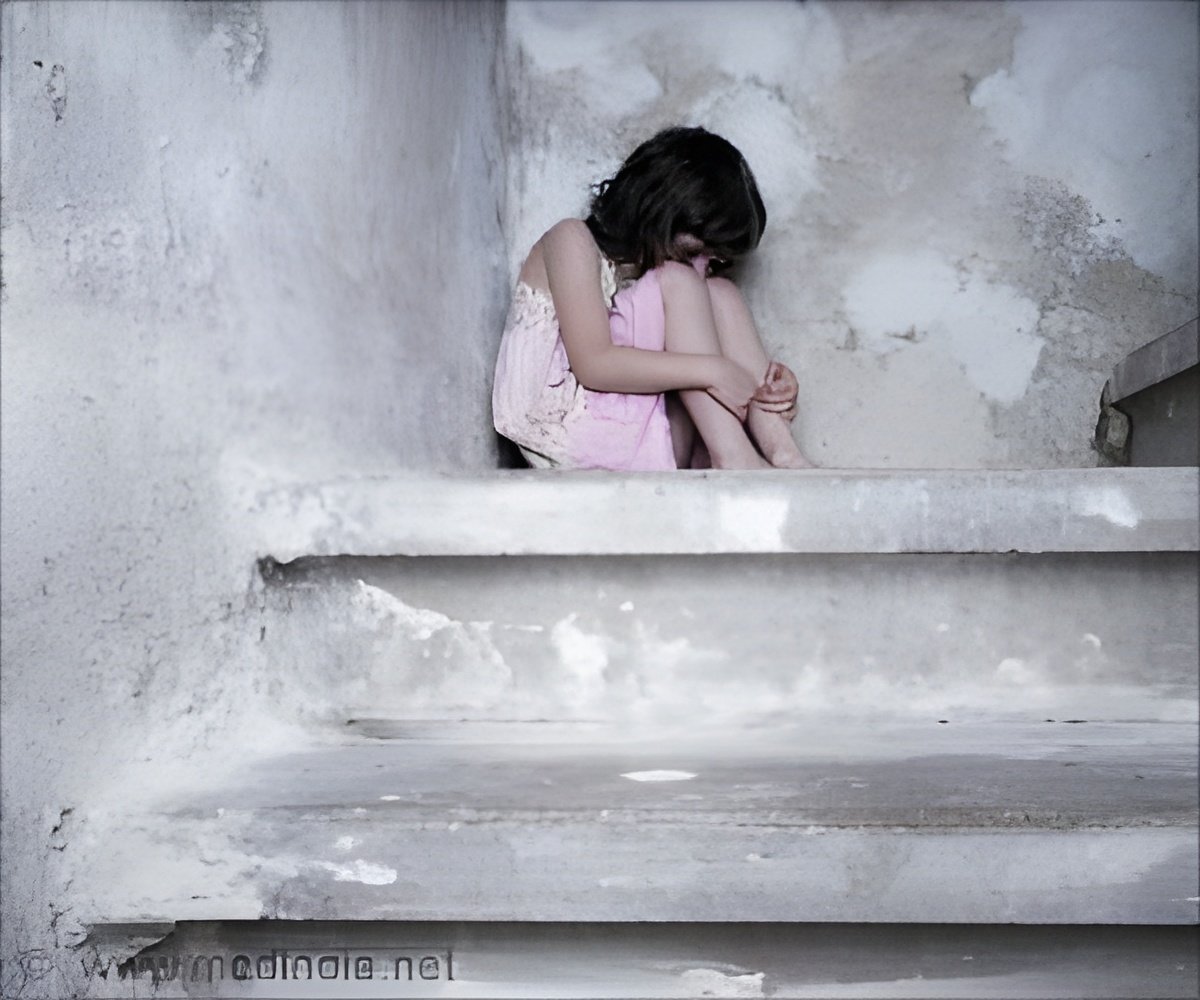Researchers have found that chronic stress undergone in childhood can leave a long-lasting impact on the brain of a person.

Early-life chronic stress alters those parts of growing children’s brains that are tied to learning, memory and stress and emotion processing systems. These alterations may have negative impact on their behavior, health, employment and choice of romantic partners later in life.
"We haven't really understood why things that happen when you're 2, 3, 4 years old stay with you and have a lasting impact," said Seth Pollak, co-author of research and UW-Madison professor of psychology.
To arrive at the findings, the researchers elaborately interviewed 128 children around age 12 who had undergone either physical or mental abuse or were from poor socioeconomic backgrounds. Simultaneously, the caregivers of children involved were also interviewed.
During the course of the interviews, the researchers recorded the children’s behavioral problems and their cumulative life stress.
They visualized the children’s brains, primarily the hippocampus and amygdala that are linked to emotion and stress processing. A comparison was then made with children of the same age group from middle-class backgrounds who had not undergone any abuse.
Advertisement
The hand images revealed smaller amygdalas in children who had undergone any of the three categories of childhood stress than children who had not.
Advertisement
The study also revealed a strong association between increased behavioral problems and cumulative life stress and smaller hippocampus and amygdala volumes.
The cause of smaller brain structures linked to early life stress is still unknown, but that a smaller hippocampus can cause negative impact has already been established.
The role of amygdala is not yet fully understood, and so future studies will lay focus on figuring out the importance of these volume changes.
Pollack emphasized the social responsibility of attending to the types of experiences children undergo since he believes it is the society that shape people.
But Hanson and Pollak caution the findings cannot be used to predict the future since they point only to neurobiological markers, a display of human brain robustness and human biological adaptability.
"Just because it's in the brain doesn't mean it's destiny," says Hanson.
The study featured in the journal Biological Psychiatry.
Source-Medindia















